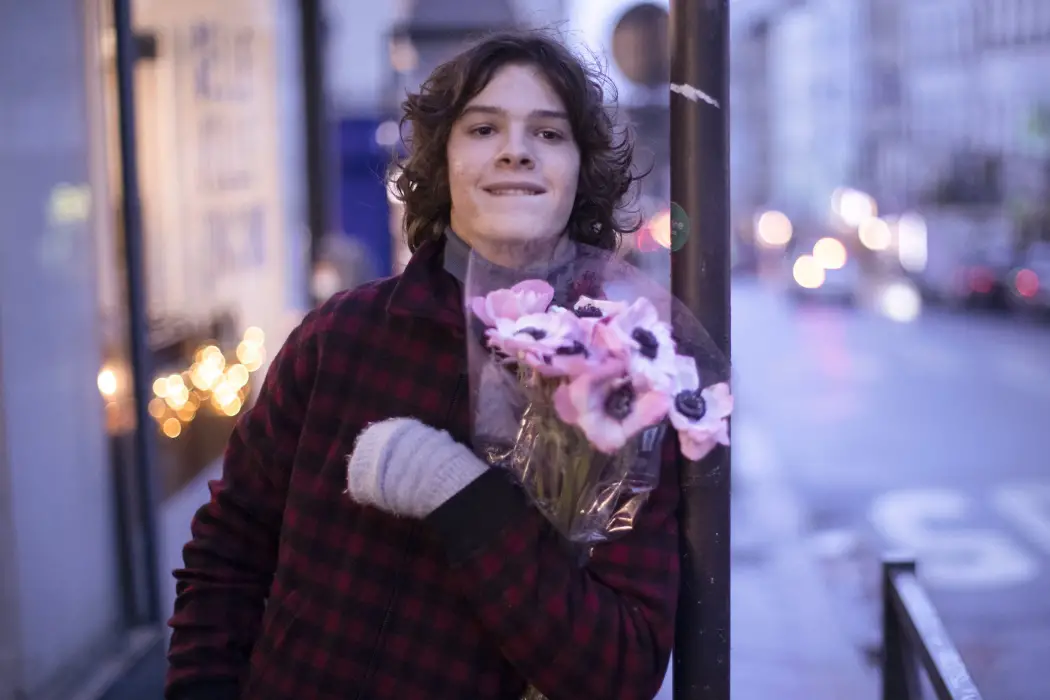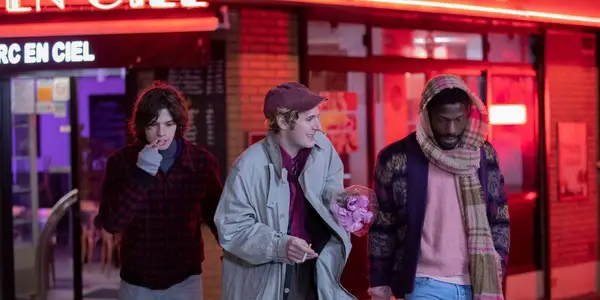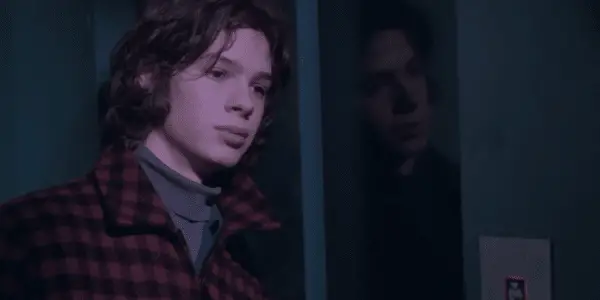WINTER BOY: As Grey As A Rainy Winter’s Day

Soham Gadre is a writer/filmmaker in the Washington D.C. area.…
I’ve been thinking a lot about how certain films create genuine emotion that repeats itself through one’s mind over and over and others create manufactured emotion that is fleeting and flimsy. At the time of its release, Douglas Sirk’s final masterpiece Imitation of Life (1959) was considered another passé melodrama that was released perhaps a bit too late to be in vogue with the kind of cinema that was trending in Hollywood. Yet, so many years later, as I watched it at the National Gallery of Art’s showcase of Sirk films, you could feel the entire room on the verge of breaking. After it was over, it replayed in my mind for days. Every scene is still crystal clear, the movements of the characters, the colors of the walls and dresses, and the way Sirk positions and shifts the camera mid-conversations.
Festival Filler Material
Completely in contrast to that was my recent screening of Christophe Honoré’s Winter Boy, a movie where the images, the characters, and the mood started to leave my mind almost immediately, leaving nary a trace. I haven’t seen a movie this forgettable in quite a while. Bad films of course leave a lasting impression in both their unsavory aesthetic choices, insulting thematics, and lamentation of the time wasted watching them.

Honoré’s film was genuinely harmless and inoffensive. It’s a movie that falls in line with other European festival fillers (it played at TIFF last year, but I decided to skip it then), namely in its laborious aims of naturalism that grinds everything down into the greys of mundanity.
Subtle, Contrived Emotions
The film focuses on a gay teenager named Lucas (Paul Kircher) and his mother Isabelle (Juliette Binoche) and brother Quentin (Vincent Lacoste) coping with the death of the patriarch of the family. Lucas’s passionate relationship with Thierry (Elliot Jenicot) starts to waver and strain due to his increasingly volatile emotions upon his father’s death. The movie is predictably filled with sequences of characters holding each other, speaking about the past, and occasionally jabbing one another with heat-of-the-moment barbs. I couldn’t describe a particular instance of any of these because they float along like leaves on the water, too gently, with no discernable hook to any of their happenings.

Honoré also injects French politics into dinner discussions that come across more contrived than natural. The characters yelling at each other are near-characters. The vehement socialist is a woman with a nearly shaved head. The fascist at the table is a young man with wavy blonde hair. Their conversations drill right into citeable talking points as seen on the news. The camera movements are quick cuts giving each character their say about their political ideology, just to keep the audience attuned to “what’s going on” in France and how people feel about it.
Conclusion:
Winter Boy would benefit a lot from leaning into its heartbreaking premise, but perhaps in the festival scene it aims to impress in, tasteful melodrama is perhaps still considered too passé. A bland visual pallet accurately wraps a film that runs low on emotive energy. Honoré is too dedicated to depicting acts of stilted subtlety and muted naturalism. For Juliette Binoche, this may be the first time where I nearly forgot once or twice that she was even in the film. That’s hard to do.
Winter Boy was released on MUBI streaming service in the US on April 28th, 2023.
Watch Winter Boy
Does content like this matter to you?
Become a Member and support film journalism. Unlock access to all of Film Inquiry`s great articles. Join a community of like-minded readers who are passionate about cinema - get access to our private members Network, give back to independent filmmakers, and more.
Soham Gadre is a writer/filmmaker in the Washington D.C. area. He has written for Hyperallergic, MUBI Notebook, Popula, Vague Visages, and Bustle among others. He also works full-time for an environmental non-profit and is a screener for the Environmental Film Festival. Outside of film, he is a Chicago Bulls fan and frequenter of gastropubs.













